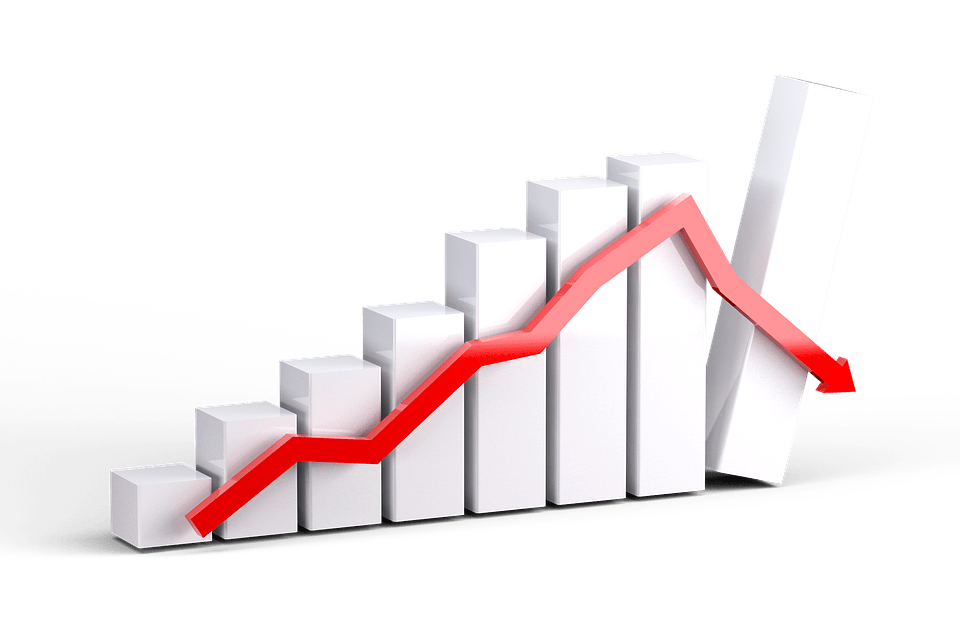A new report by the Office for National Statistics has shown that the UK has narrowly avoided a recession by growing 0.3% in the third quarter of 2019, following a contraction of 0.2% in the second quarter. Year on year, growth also shrunk to 1% in the third quarter, compared to 1.3% in the second.
As usual, the services sector contributed the most to the growth, contributing 0.29% to GDP and growing by 0.4% in the third quarter. The construction sector also grew by 0.6% in the third quarter, however, the production sector stayed flat and neither grew nor shrunk. The production sector has had negative growth rates for eight out of the past twelve rolling three-month periods.
These figures suggest that the lack of momentum in the economy that has occurred throughout 2019 has not been counteracted so far, and that the economy has been stifled and slowed by domestic Brexit uncertainty. This uncertainty has led to manufacturing firms laying off workers, and this, combined with global economic stagnation, has been dragging the manufacturing sector down in recent years.
Despite this uncertainty, the services sector has remained strong, with significant investment in British film and TV production boosting the sector, as well as firms increasing spending on IT to improve online services. However, this was evidently not enough to bolster national growth.
In the past few decades, the British economy has been plainly driven by the services sector, with manufacturing and production often declining due to a variety of domestic and global pressures. Even more recently, Brexit has resulted in businesses reducing investment in the UK, having a significant effect on UK production. The services sector is yet to be significantly contracted through the effects of Brexit, which is good for the country, as this sector accounted for 81% of total UK economic output in 2018, and 83% of workforce jobs in June 2019.
Construction has been slowly but consistently rising since the financial crisis, recently bolstered by an increase in public sector housebuilding, which has often outpaced the growth in private infrastructure building.
Politically, the reactions to the 0.3% growth rate have been as expected. The Chancellor, Sajid Javid, called the growth rate “another welcome sign that the fundamentals of the UK economy are strong”. Meanwhile,
There are many factors that are responsible for this economic stagnation, a lack
The service sector remains strong, but considering the pattern of slow growth and uncertainty plaguing the UK, businesses will be coming into 2020 looking to cut costs to keep profits coming. This will likely lead to more lay-offs, particularly in services that are reliant on the EU as a market of interconnected, transnational trade.
The outcome of the December general election will obviously be a key deciding factor for the future of the UK economy, with the reactions of the Conservative government showing a lack of concern about stagnant growth, contrasting with Labour’s spending-heavy plans to provide a much needed boost to the productive potential of the UK.
Whether or not either of these potential governments will significantly help the economy out of its unimpressive growth streak remains to be seen. Can domestic government policy really counteract the complex global forces that are holding UK GDP hostage, or will we be stuck in this cycle until the global economy turns in our favour?
Louis Newstead

